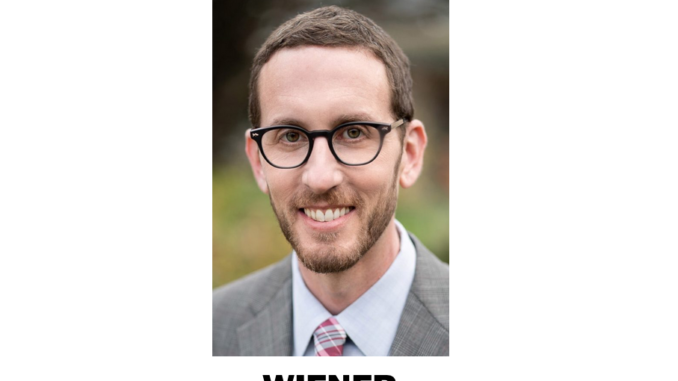
BY ELAINE GOODMAN
Daily Post Correspondent
The Palo Alto City Council will decide tonight (Aug. 14) whether to weigh in on a proposed $1.50 toll hike for seven Bay Area bridges that’s intended to raise money to keep struggling transit agencies afloat.
Council could follow in the footsteps of Rep. Anna Eshoo, D-Palo Alto, and six other members of Congress, who signed a letter this month saying they oppose the toll increase because it would hurt low-income residents who have to drive across the bridges to get to work.
But City Manager Ed Shikada has suggested that council not go quite so far as opposing the toll hike. Instead, Shikada proposed that council pass a resolution expressing concerns about the increase.
A proposed resolution that the council will consider states that the Bay Area has “a bifurcated society” following the pandemic, with some people who are able to work remotely and others who cannot.
“In a post-pandemic world, commuters who drive a car or pick-up truck across our bridges and (pay) tolls are statistically lower income and are disproportionately people of color,” the proposed resolution states.
In addition, transit agencies are receiving $5.1 billion through the state budget, and the proposed resolution recommends that the Bay Area wait to see the impact of that money and then revisit the transit funding issue next year.
The proposed resolution also criticizes the toll hike because it would be implemented without going to Bay Area voters. Instead, the state legislature could enact the toll increase with a two-thirds vote.
According to the resolution, the toll money would largely fund Muni and BART into San Francisco.
Council could also vote to support or oppose the toll increase. But by not taking an official position, council could potentially avoid crossing state Sen. Scott Wiener, D-San Francisco, who is backing the toll hike.
Wiener has formed an exploratory committee to run for Congress. According to news reports, he’s considering a run for Rep. Nancy Pelosi’s seat, should the former speaker decide not to run for reelection in 2024.
The toll increase that’s now being debated is in Senate Bill 532 introduced by Wiener. The toll hike would start on Jan. 1, 2024, and last through 2028.
Under SB532, the toll increase at seven Bay Area bridges would begin at $1.50 and could be further increased based on inflation. It would raise an estimated $180 million a year during the five years it’s in effect.
The toll for cars is now $7 at each of the seven bridges: the Dumbarton, San Mateo-Hayward, San Francisco-Oakland, Antioch, Benicia-Martinez, Carquinez and Richmond-San Rafael.
The Assembly Transportation Committee passed SB532 last month and sent it to the Assembly Appropriations Committee. The state legislature is scheduled to return from its summer recess today.
Transit ridership plummeted during the Covid-19 pandemic and is still well below pre-pandemic levels. Transit agencies are at risk of going over a “fiscal cliff” when federal pandemic relief money runs out, which could result in large cuts to service.
“Massive service cuts could trigger a transit death spiral, where cuts lead to declines in ridership, which necessitate more cuts,” Wiener’s office said in a news release last month.
In the Bay Area, 14% of households headed by a person of color do not own a car and would potentially be hurt by transit service cuts, the release said.
During the committee hearing last month, Wiener said that most of the $5.1 billion for transit in the state budget is tied up in infrastructure projects that are also receiving federal funding. Only $400 million of the state budget funding is available to boost transit operations in the Bay Area, an amount that’s about 16% of the Bay Area’s transit deficit for the next five years, he said.
SB532 says that the legislature plans to ask regional transportation planners to look at discounts, toll caps or exemptions to reduce the impact of the toll increase on low-income drivers.
The bill would also reduce the maximum amount of toll-evasion fines to $15, compared to the current maximum of $50.

Sure, make people commuting to work pay for empty busses because it makes people feel good. Why not.